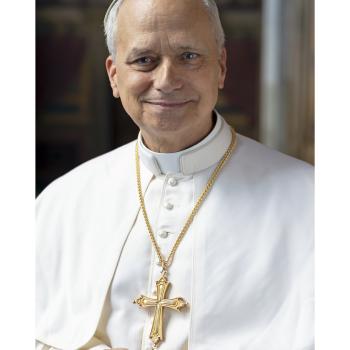The Very Reverend Martyn Percy, Dean of Christ Church, Oxford, has, he likes to say, gotten free lunch for years for his brief appearance in Dan Brown's The Da Vinci Code. That blockbuster novel quotes Dean Percy saying, as he sometimes does in interviews or in the media, that "The Bible did not arrive by fax from heaven."
What he means, he says, is that history reveals that God can only be known provisionally. To imagine that we, so to speak, possess all God's truth, that God's truth is transferred through the Bible like some sort of spiritual Bluetooth connection, is to miss how God is being revealed to us in the scriptures. In his book Thirty-Nine New Articles, Dean Percy writes that "the Bible does indeed contain many things that God may want to say to humanity. . . . But it also contains opinions about God (even one or two moans and complaints — see the Psalms); it contains allegory, parables, humour, histories and debates. The nature of the Bible invites us to contemplate the very many ways in which God speaks to us." (22)
In this life, we are never given full knowledge of who God is. Indeed, classical theology would tell us that we are incapable of grasping who God is even if God were to directly reveal God's self to us.
And, as good Episcopalians, Christian tradition and reason help us to discern which is which.





